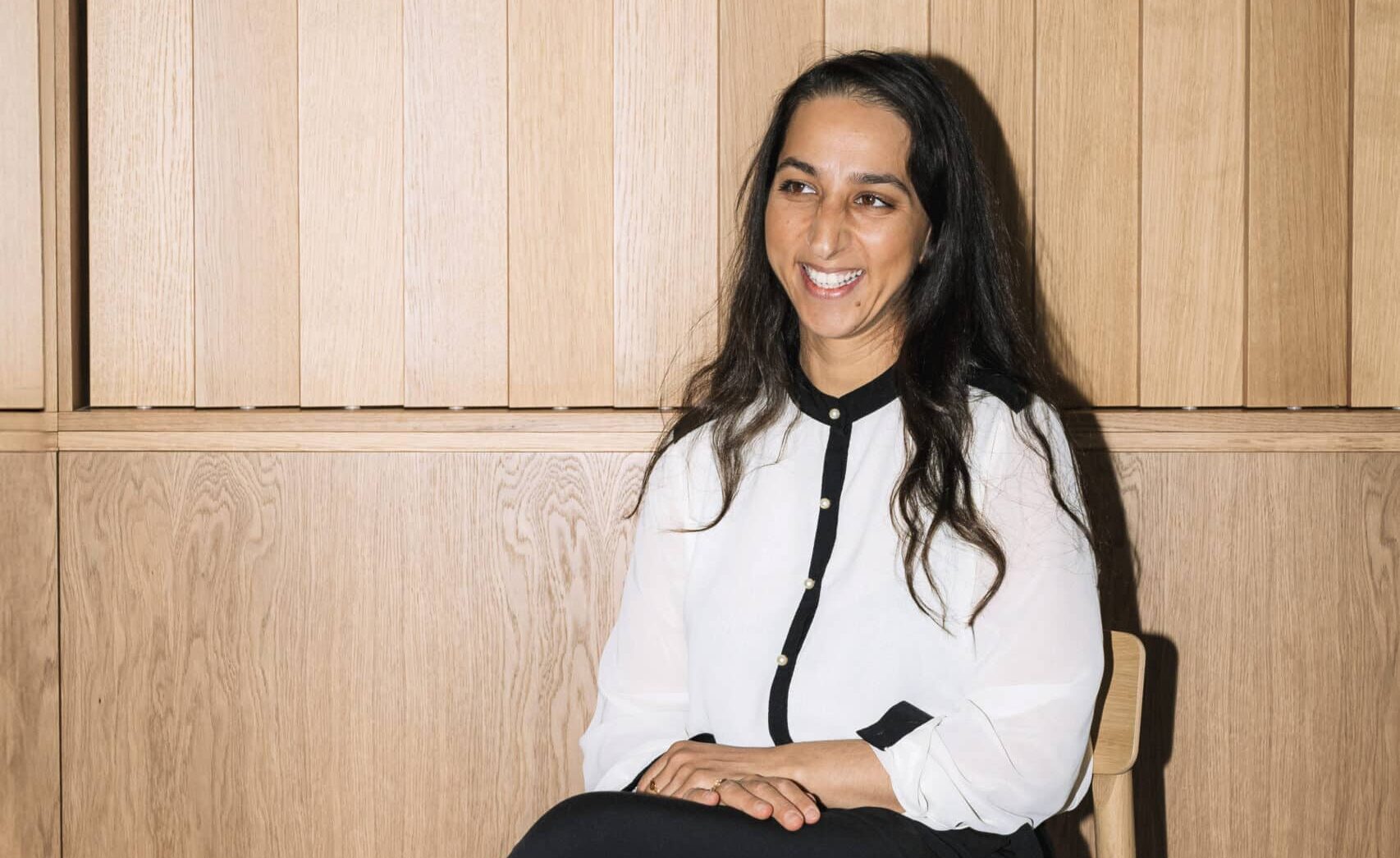Name: Mila Bahir Groesmeyer
Title: Senior Manager, Cybersecurity
Company: PwC Denmark
Please introduce yourself
My name is Mila Bahir Groesmeyer. I am 31 years old, and I have a master’s degree in Political Science.
How did you imagine your career when you were around 20 years old?
I thought I would be working for UNHCR or another UN organisation and saving the world.
What does a day in your life look like in your current role?
I usually work on client sites with a team consisting of both technical and non-technical colleagues. I only work with clients that are operators of critical infrastructure, e.g. energy infrastructure, transportation infrastructure, pharma production or public sector organisation. We help them with building cyber risk, threat or compliance models, doing cyber risk assessments, and building governance models for cyber security. This means a lot of meetings with people from different parts of an organisation, project management, controlling of budgets etc. Internally, I build service delivery models for these types of clients, and career-coach younger employees.
What motivates and excites you the most about your career path and the leadership position you hold?
That we can protect our society’s critical infrastructure from cyber-attacks by identifying and mitigating cyber risks
Share with us the biggest lessons you learned on your journey to where you are today.
Be kind to people, and people will show you gratitude x100. Also, being from a non-STEM background doesn’t stop you from taking a STEM career path. It’s actually a big strength having another background.
Tell us about a role model who inspired you to become the leader you are today.
Without a doubt – my mom. She didn’t even have a high school degree and was raised in a toxic masculine environment where women were suppressed, but taught us to be independent, kind, organised, charismatic and interested in people. She is unfortunately no longer with us, but she was, and will always be my biggest supporter in being a woman in leadership, because she didn’t have the opportunity herself.
If you could give one piece of advice to your younger self, or to other young students today, what would it be?
Don’t stress about grades. Try to build a career from a young age, and don’t be afraid to claim what is yours – especially career wise.
Why is it important for you to promote diversity and inclusion within STEM?
Diversity and inclusion are important because they bring different kinds of competencies into play – which I am a perfect example of by having a STEM career without a STEM education.
